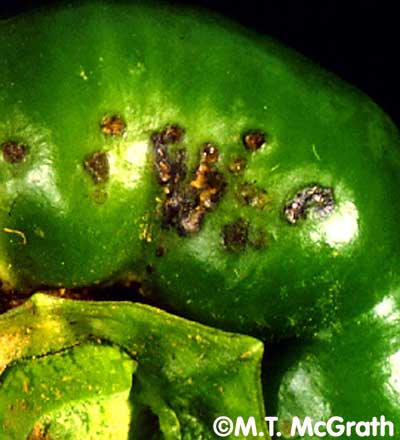Yes, you can patent nature. Here’s why that’s a good thing.
The following is an excerpt of an article on Moderation Maven about GMOs and patents.
When asked about GMOs, most well-informed consumers have something to say. One of the concerns I hear about most often is the fact that GMO seeds are patented, which some are philosophically opposed to because you shouldn’t “patent nature.”
But did you know that non-GMO seeds can be patented, too? If you buy organic/non-GMO products because of the patenting issue, well, consider this – organic farmers can (and do!) use patented hybrid seeds.
To be honest, I didn’t know a whole lot about hybridization until a recent visit with a few colleagues to the Seminis® research station in Felda, Florida. Walking down the lush rows of tomato, pepper, cucumber, and watermelon plants, we learned that hybrid seeds are a lot like GMO seeds in that they’ve been genetically modified to have a desirable trait. However, the genetic modification happens over many generations in the field or greenhouse rather than being more specifically targeted in the lab.
 Disease resistance is one such example of a trait that crop scientists at Seminis® and other companies incorporate into seeds. The same warm and humid climate that can be ideal for growing crops is also ideal for growth of bacteria that can infect and damage said crops.
Disease resistance is one such example of a trait that crop scientists at Seminis® and other companies incorporate into seeds. The same warm and humid climate that can be ideal for growing crops is also ideal for growth of bacteria that can infect and damage said crops.
Bacterial leaf spot disease, for instance, can ravage bell peppers. The disease causes scab-like spots to form on the vegetables (Figure 1) and damaged leaves fall off the plant (Figure 2). With less shade, the peppers can be exposed to sunscald which causes further degradation (Figure 3).
Figure 2. Pepper plants and leaves damaged by bacterial leaf spot disease.**
So why does this matter to you, the consumer?
Find out by reading the rest of this article at Moderation Maven!